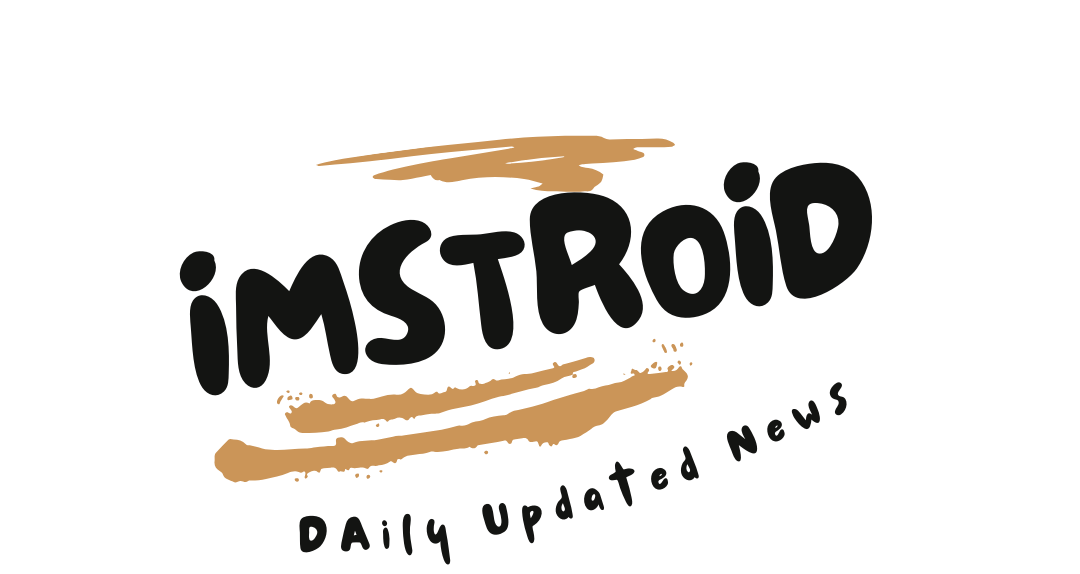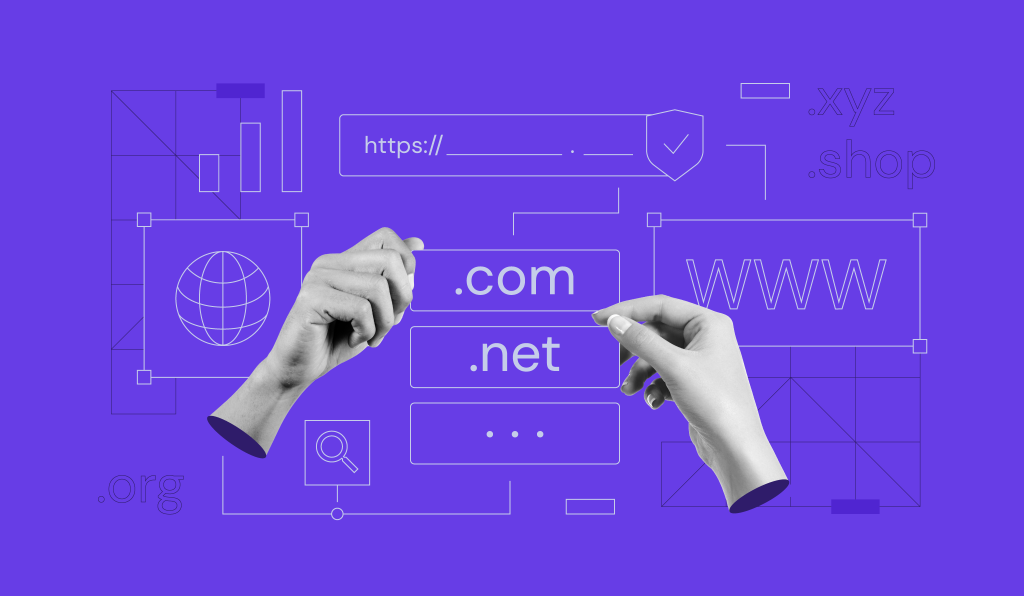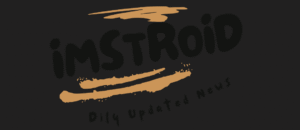Introduction
In an age where new domain names and online ventures emerge daily, the name zntprek has caught attention—though not for positive reasons. When you search “zntprek,” you’ll find hints of warnings, low trust scores, and murky reports, but hardly any clear explanation of what zntprek truly is or aims to be. In this article, we dive deep into all the known facts about zntprek, analyze red flags, explore possible hypotheses, and guide readers on how to assess whether zntprek is real or risky. Through this balanced lens, you’ll become more informed and cautious in the digital world.
What We Know: Key Facts About zntprek
Domain Registration & Age
The domain zntprek.com was registered in April 2025 and is set to expire in April 2026—giving it a lifespan of just one year at present.
A site with such a fresh registration often lacks credibility unless backed by an existing brand or organization.
Trust & Reputation
-
On ScamAdviser, zntprek.com receives a low trust score, suggesting potential risk.
-
On ScamDoc, its score is labeled Poor (25%), citing hidden WHOIS data and the domain’s newness.
-
Some forums (e.g., Reddit) discuss links or job offers associated with zntprek/related names and warn users about possible scams.
These indicators strongly suggest that zntprek currently lacks public trust and should be approached with caution.
Transparency & Ownership
-
The WHOIS (domain registration) data is concealed, making it difficult to identify the entity behind zntprek.
-
There is no reliable “about us,” corporate registration, or public profile linking to zntprek that can confirm a physical address, founders, or verifiable credentials.
Online Behavior & Reports
-
Some online ads or posts referring to zntprek or linked ventures ask users for personal information, redirect users to WhatsApp, or avoid answering basic questions publicly.
-
Broken contact links, inconsistent naming, and vague promises are typical behaviors flagged in user reports.
-
In general, there is no solid footprint in reputable news sites or business directories about zntprek.
Red Flags & Warning Signals Around zntprek
When dealing with zntprek or similar names, here are warning signs to watch for:
-
Short Domain Life & Hidden Ownership
A domain that’s only a few months old and has hidden WHOIS data is a red flag. -
Low Trust / Reputation Scores
Tools like ScamAdviser and ScamDoc assign low trust scores to zntprek, indicating many risk factors. -
No Verifiable Identity
Lack of a physical address, credible founders, or verifiable social presence. -
Excessive Promises & Pressure
If zntprek or its promoters make unrealistic promises (big earnings, guaranteed returns) or pressure you to act quickly, this can be a sign of a scam. -
Lack of Transparency
No terms of service, no privacy policy, broken contact methods, or withheld details. -
User Reports & Forum Warnings
Real people reporting suspicious behavior linked to zntprek is a serious red flag. -
Requests for Sensitive Data
If zntprek or related links ask for personal identity, bank details, or upfront payments before providing legitimate services.
Possible Intentions Behind zntprek (Hypotheses)
Even though concrete confirmation is lacking, we can explore possibilities for what zntprek might intend to be:
1. Scam / Fraud Platform
Given the dominant warning signals, the most likely scenario is that zntprek is or is being used as a scam platform—whether for fake job offers, phishing, identity theft, or fraudulent e-commerce promises.
2. Early-Stage E-Commerce or Dropshipping Venture
It might be a new e-commerce or dropshipping brand yet to be fully established, with much of its infrastructure still hidden. However, the lack of foundational credibility diminishes confidence.
3. Affiliate / MLM / Investment Scheme
Another possibility is that zntprek is tied to affiliate marketing or multi-level marketing by promising commissions for bringing in other users, which can be a veil for pyramid schemes.
4. Shell / Test Project
It could be a shell or placeholder project not yet active. Some domain owners register names speculatively before launching.
5. Phishing or Data Harvesting Project
Sometimes, websites act merely as data traps, offering fake services to collect emails, phone numbers, or identity info for malicious use.
How to Evaluate zntprek (A Step-by-Step Guide)
If you or someone encounters zntprek (or a variant) and want to evaluate it safely, here’s a checklist:
-
Check Trust & Reputation
Use tools like ScamAdviser, ScamDoc, and other reputation checkers to see if zntprek shows red flags. -
Examine Domain Age & WHOIS
Use a WHOIS lookup to see registration date, expiration, and whether ownership is hidden. -
Search for Independent Reviews
Look for reviews on forums, social media, Reddit, or consumer-protection sites referencing zntprek. -
Test Contact Methods
Try emailing or calling any contact info. Check if they respond with credibility and clarity. -
Avoid Sharing Sensitive Data Upfront
Never send personal ID, bank details, or payments before verifying legitimacy. -
Check for Legal Disclosures
Legit sites usually have terms & conditions, privacy policy, refund policy, etc. -
Use Small Test Transactions
If you must test, try with a very small amount to minimize risk. -
Cross-Check with Other Brands
See if zntprek appears elsewhere under a recognizable parent brand.
SEO & Marketing Implications for zntprek
From an SEO perspective, here’s how one might approach a site like zntprek (if it were legitimate):
-
Use the brand term znt prek as a primary keyword in titles, headers, and meta tags.
-
Pair it with context-rich modifiers like “znt prek scam,” “znt prek review,” “znt prek legitimacy,” “what is znt prek,” etc.
-
Craft humanized content (like this article) that addresses user concerns, encourages safe behavior, and builds trust.
-
Acquire external backlinks from reputable sites cautiously—though with znt prek, many sites will hesitate due to low trust.
-
Use long-tail variations: “Is znt prek legit or a scam?”, “znt prek complaint”, “znt prek domain age”, etc.
But again, all this depends on whether znt prek is a bona fide business or a risky venture.
A Human Perspective: Why People Get Trapped by Names Like znt prek
It’s easy to dismiss znt prek as just another suspicious domain—but human psychology, desire for opportunity, and trust in polished marketing make people vulnerable. Here are some human elements:
-
Hope & Desperation: Someone seeking remote jobs, passive income, or fast profit may overlook warning signs if znt prek is pitched convincingly.
-
Complexity & Jargon: If znt prek uses high-sounding terms, it may confuse people into believing it is technically sophisticated.
-
Fear of Missing Out (FOMO): Limited-time offers tied to znt prek might pressure people to act quickly.
-
Lack of Digital Literacy: Not everyone knows how to check domain age, WHOIS, or trust scores.
-
Social Proof Tricks: Fake testimonials, manipulated comments, or bogus endorsements can create a false sense of safety.
Through the eyes of someone exploring znt prek, the story might be: “I saw a glossy ad promising a new opportunity, I googled ‘znt prek’, found this review, and now I’m unsure whether to trust it.” That’s why a human, balanced article (like this) is useful.
What You Should Do (From a Reader’s Perspective)
If you ever come across znt prek (via email, ad, link, job post), here’s a safe decision path:
-
Pause. Don’t rush into signing up or paying.
-
Do a trust score check for znt prek (ScamAdviser, etc.).
-
Search for user reviews “znt prek review,” “znt prek scam,” etc.
-
Attempt to contact the organization behind znt prek and ask direct questions.
-
If unresolved, stay away—do not share sensitive data or payment.
-
Report suspicious behavior (e.g. to consumer protection or local authorities).
Conclusion
At this moment, znt prek is shrouded in mystery and risk. The available evidence points strongly toward it being unverified, low trust, and possibly dangerous. But the absence of proof is not always proof of fraud—some ventures are legitimate but undeveloped. Until znt prek publishes verifiable credentials, identities, and consistent records, one must treat it cautiously.
If you want, I can help you refine this article, adjust SEO focus, or even monitor znt prek for new developments. Do you want me to polish this into a ready-to-publish blog article or check again in the next few weeks?


